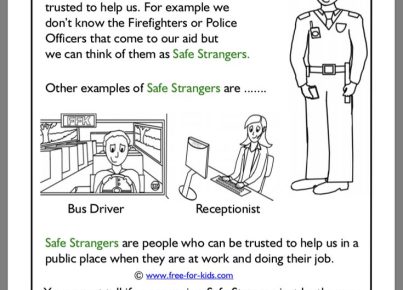Introduction:
For many people, money management is a skill we learn through trial and error. Unfortunately, this process can lead to financial mistakes that bring long-lasting consequences. As someone who has weathered through such experiences, I feel responsible for sharing my story and teaching my students valuable lessons so they can avoid the pitfalls I encountered.
My Struggle with Money:
Growing up in a modest family, money was always a tricky subject for me. My parents didn’t teach me much about managing finances, so when I started college and was exposed to monetary responsibility, I found myself struggling. I accumulated student loan debt, accrued credit card balances on unnecessary expenses, and failed to create a practical budget.
I soon realized that if I wanted financial stability in my life, it was time for a change. It took years of dedication and hard work to pay off my debts and learn how to manage my finances effectively. To this day, it remains one of the most difficult but rewarding experiences in my life.
What I Want My Students to Learn:
As an educator now, it’s important for me to pass on financial knowledge to my students. Here are some key lessons that I wish someone had taught me when I was younger:
1. Create a Budget: A budget is a plan for your money that allows you to save for future goals while avoiding unnecessary spending. Start by tracking your income and expenses; then allocate your funds into different categories such as rent, groceries, or entertainment.
2. Build an Emergency Fund: Unexpected events like job loss or medical emergencies can happen to anyone at any time. Having an emergency fund can be a lifesaver during these moments of financial crisis.
3. Save for Retirement: The earlier you start saving for retirement, the more time you have for compounds interest to grow. By contributing regularly towards your retirement savings, you ensure financial security in later years of your life.
4. Avoid Debt: Incurring debt might seem like an easy solution to financial hurdles, but it can be a vicious cycle that’s hard to overcome. Instead, save for anticipated expenses and prioritize paying off existing debt as quickly as possible.
5. Learn about Investing: Investing early on can help you grow your wealth over time. Educate yourself on investment strategies, and seek advice from financial experts if needed.
6. Prioritize Financial Education: Personal finance can be an overwhelming and intimidating topic. However, continuing to learn about money management will empower you to make wiser financial decisions.
Conclusion:
While I can’t change my past experiences with money, I want my students to be better prepared for their financial futures. By equipping them with the knowledge and tools they need to manage their finances effectively, I hope that they will not only avoid the struggles I faced but also be empowered to achieve financial success on their own terms.





